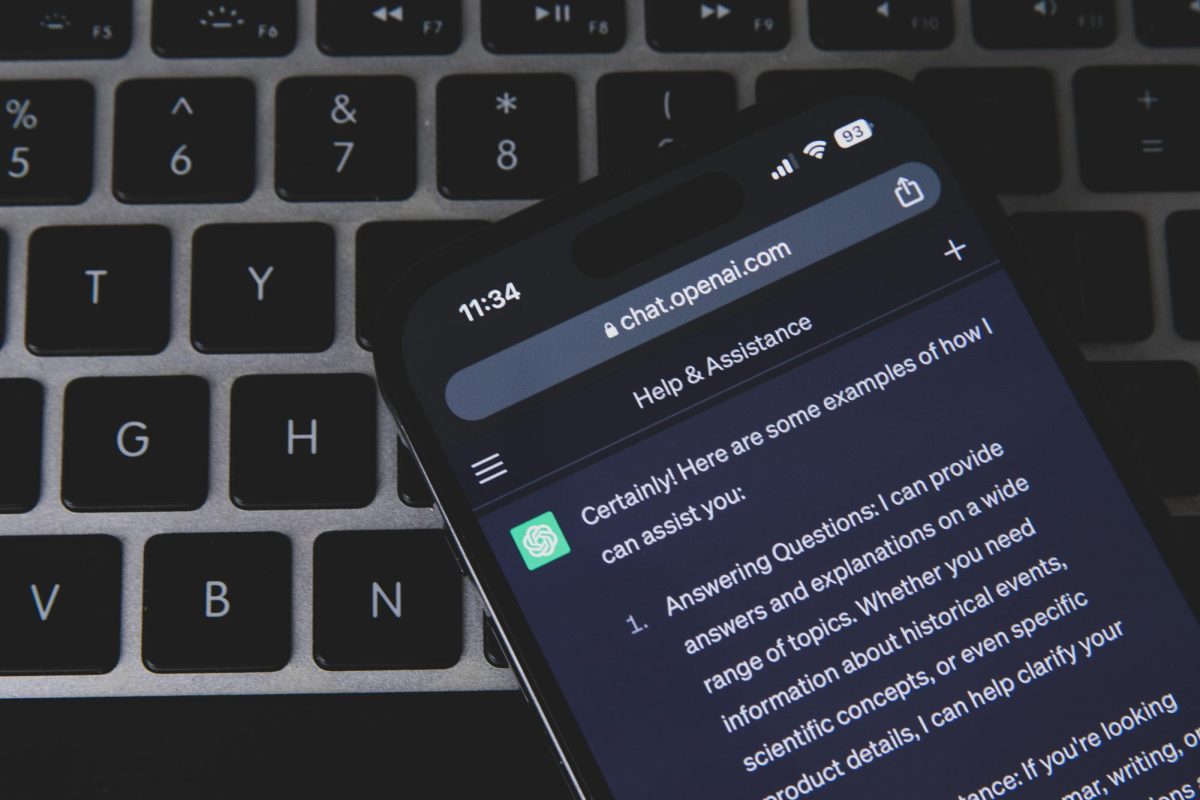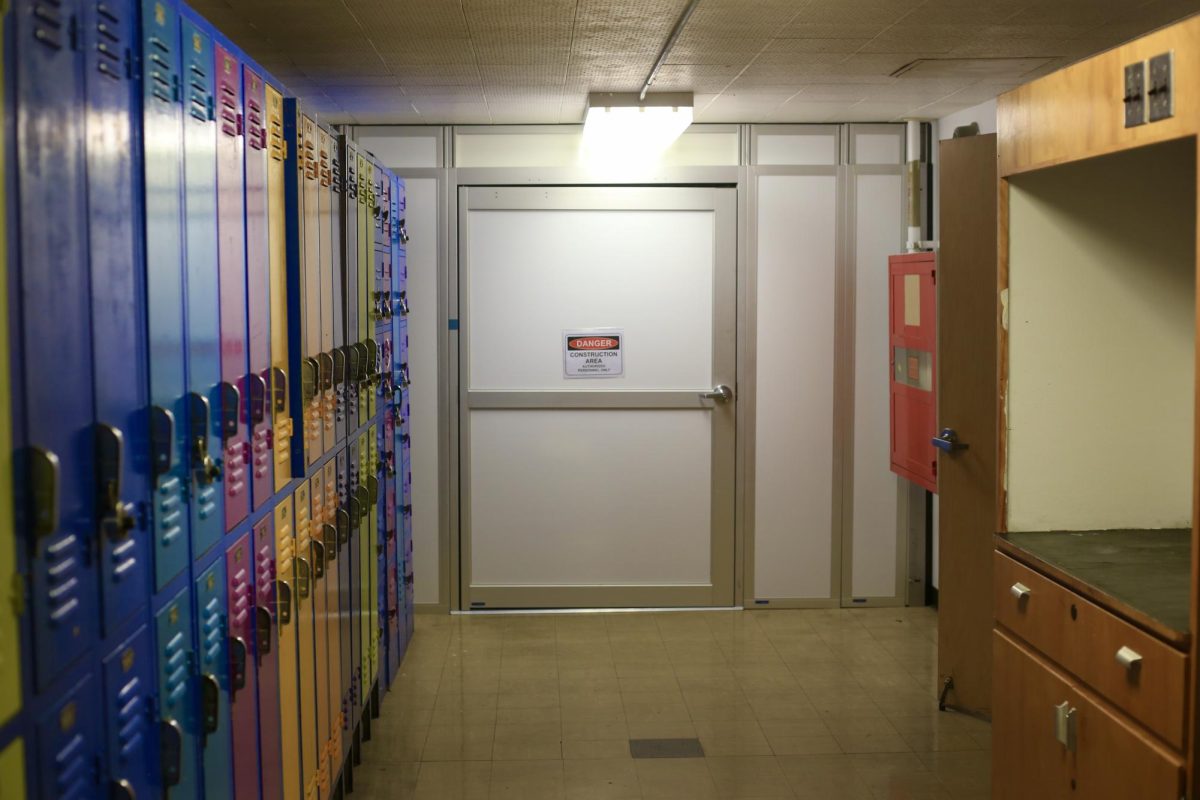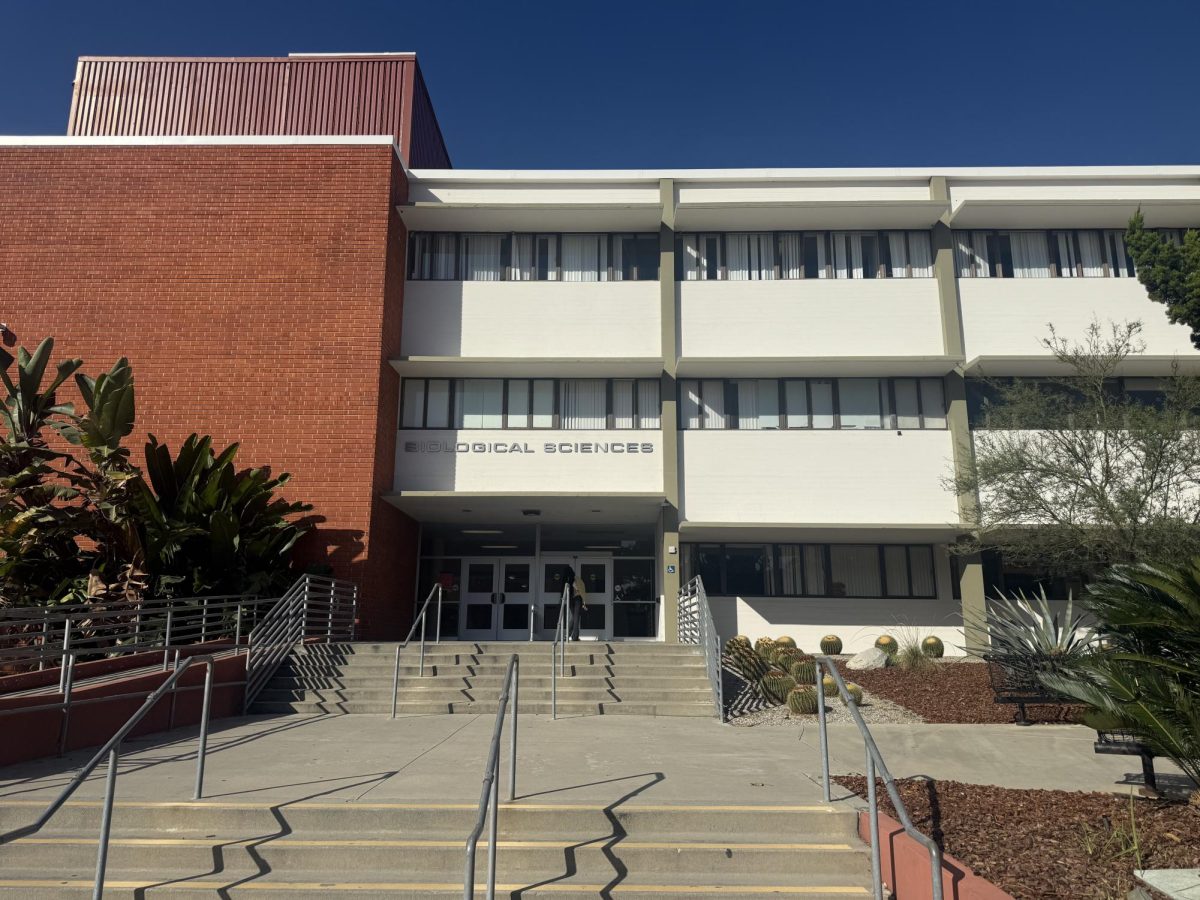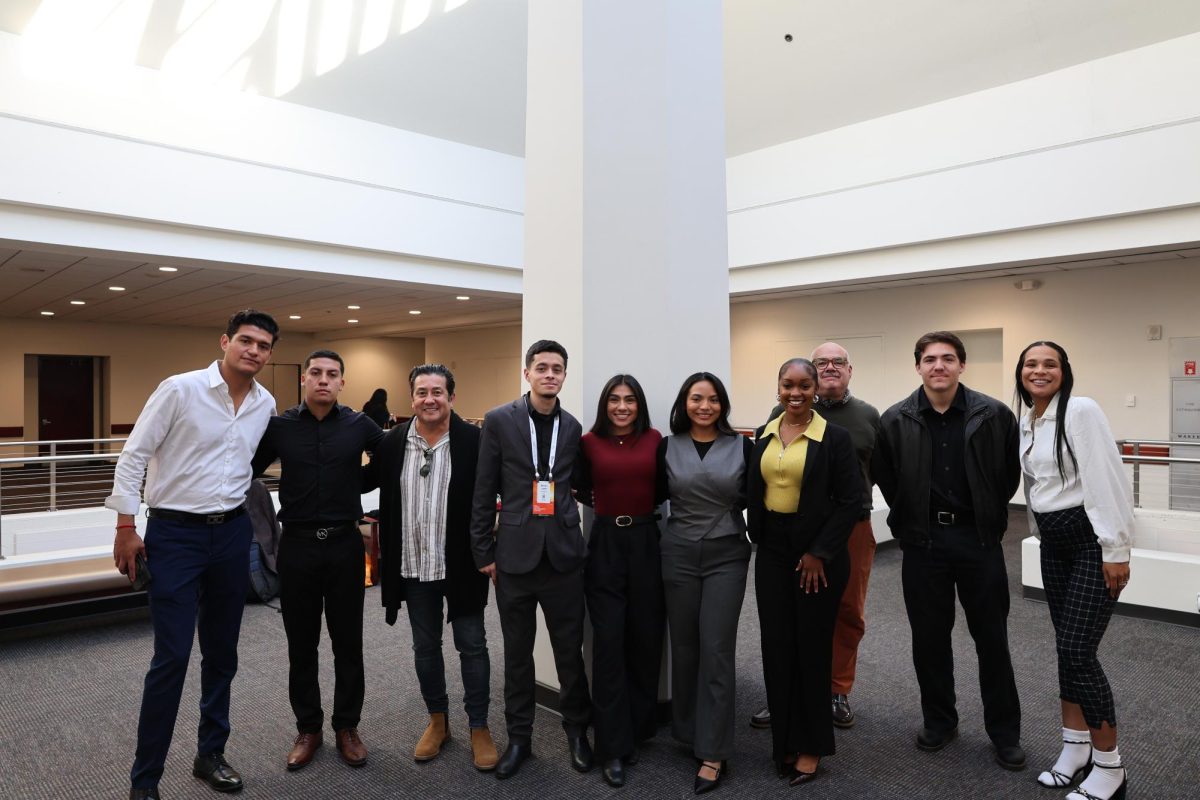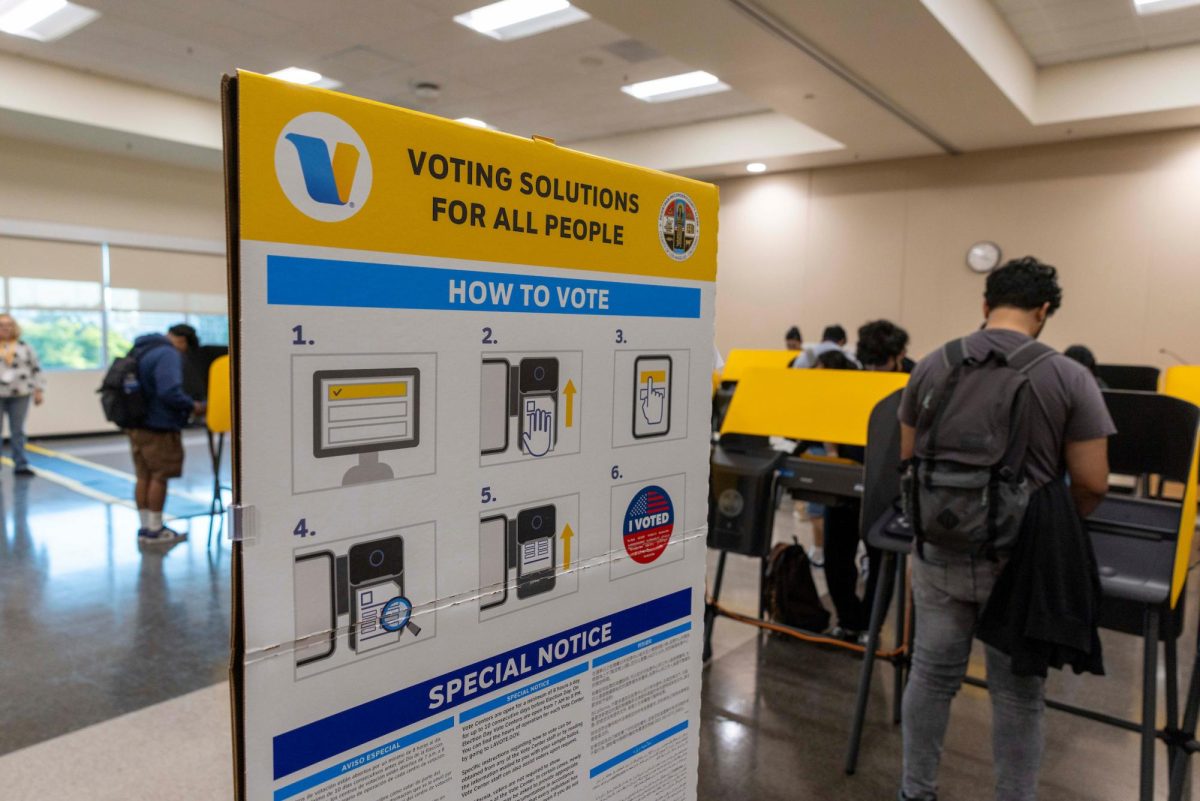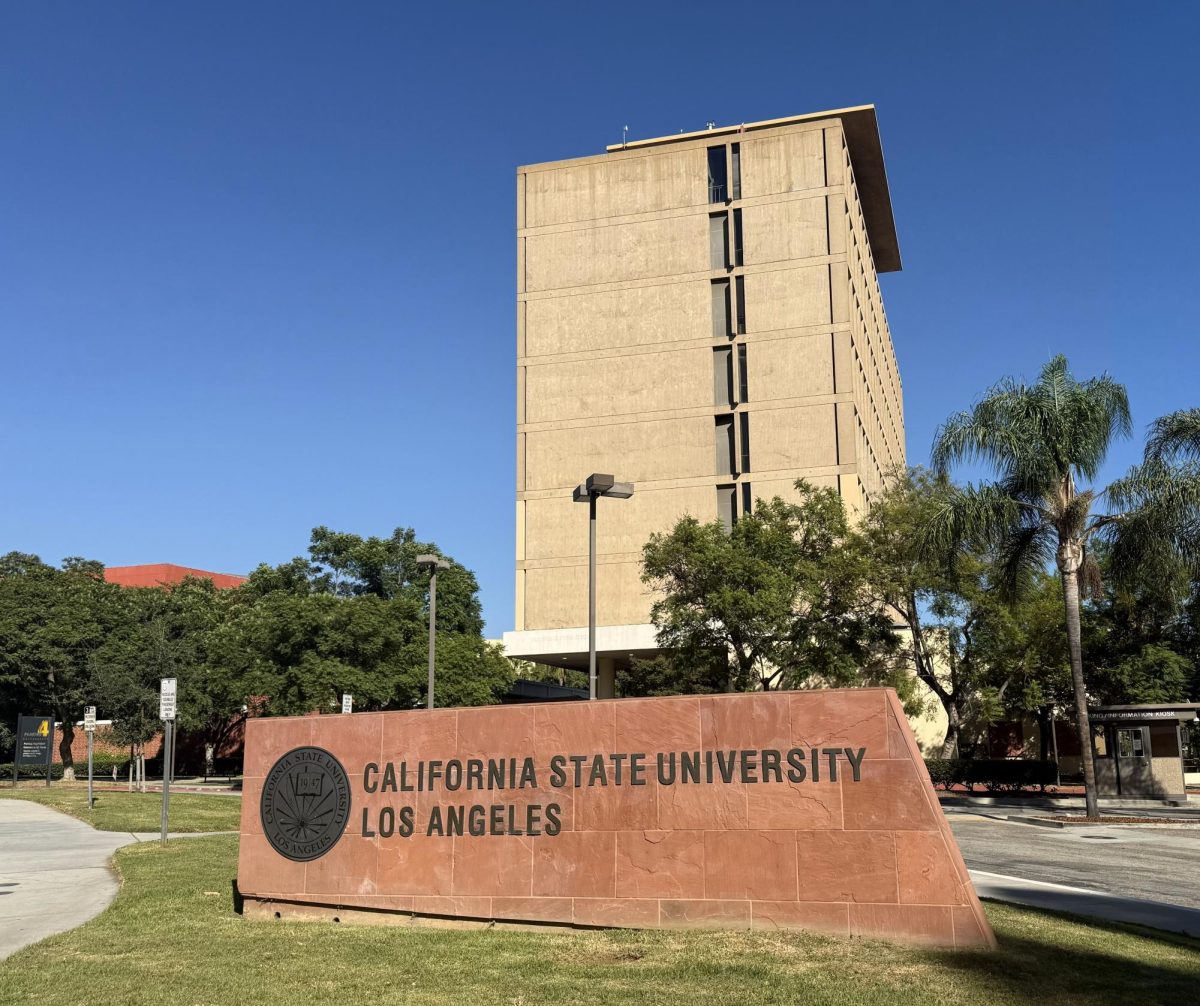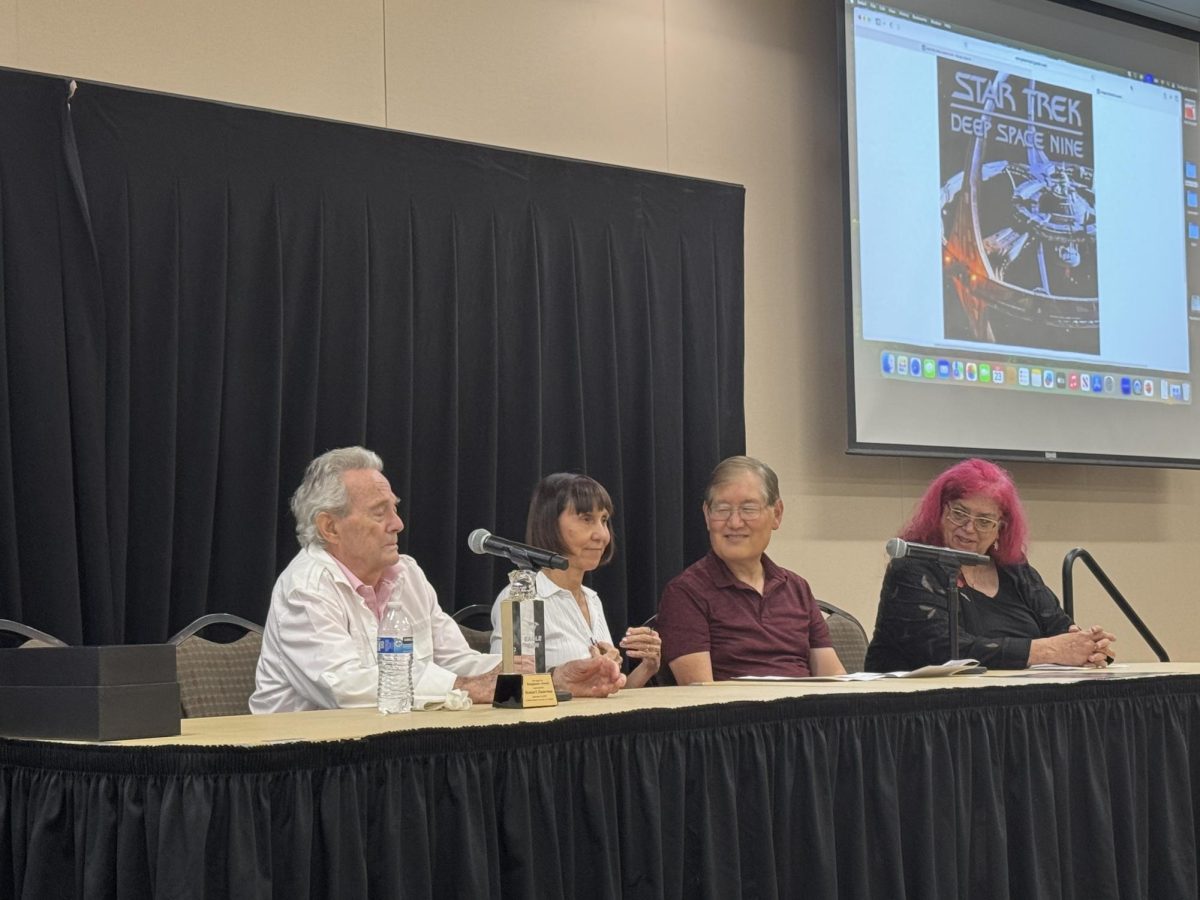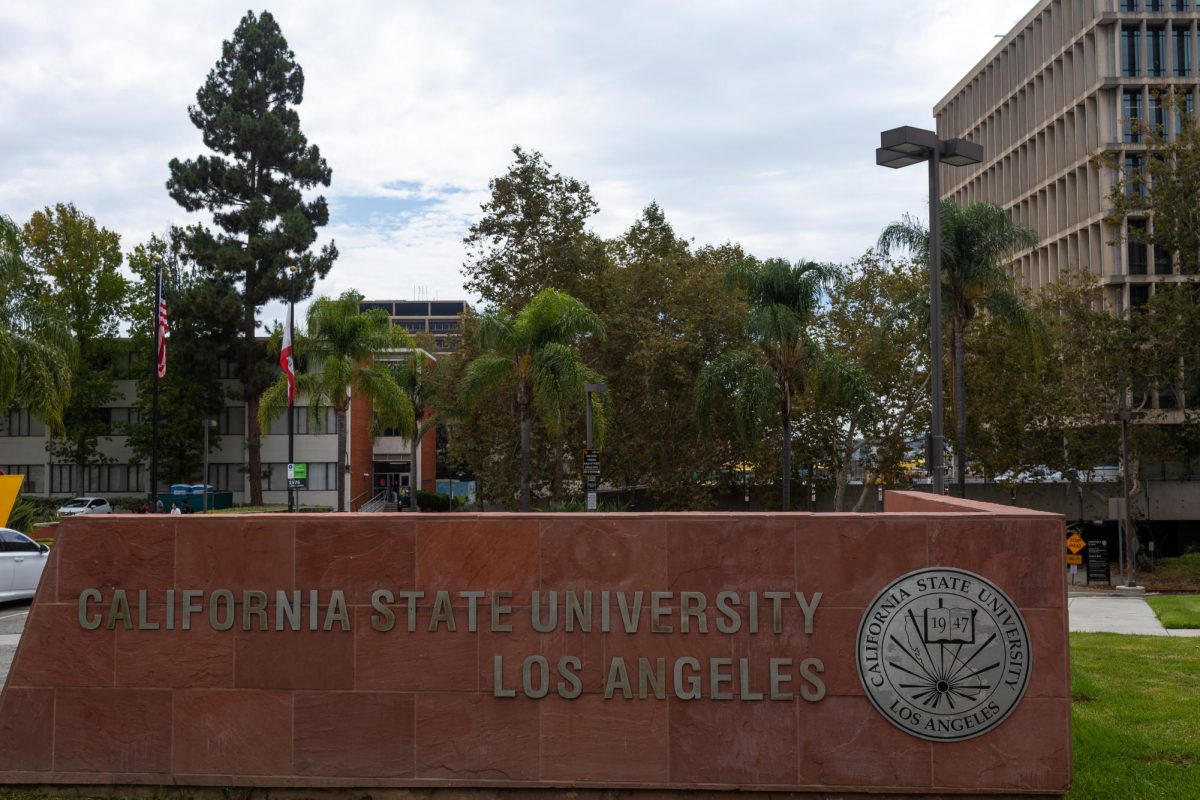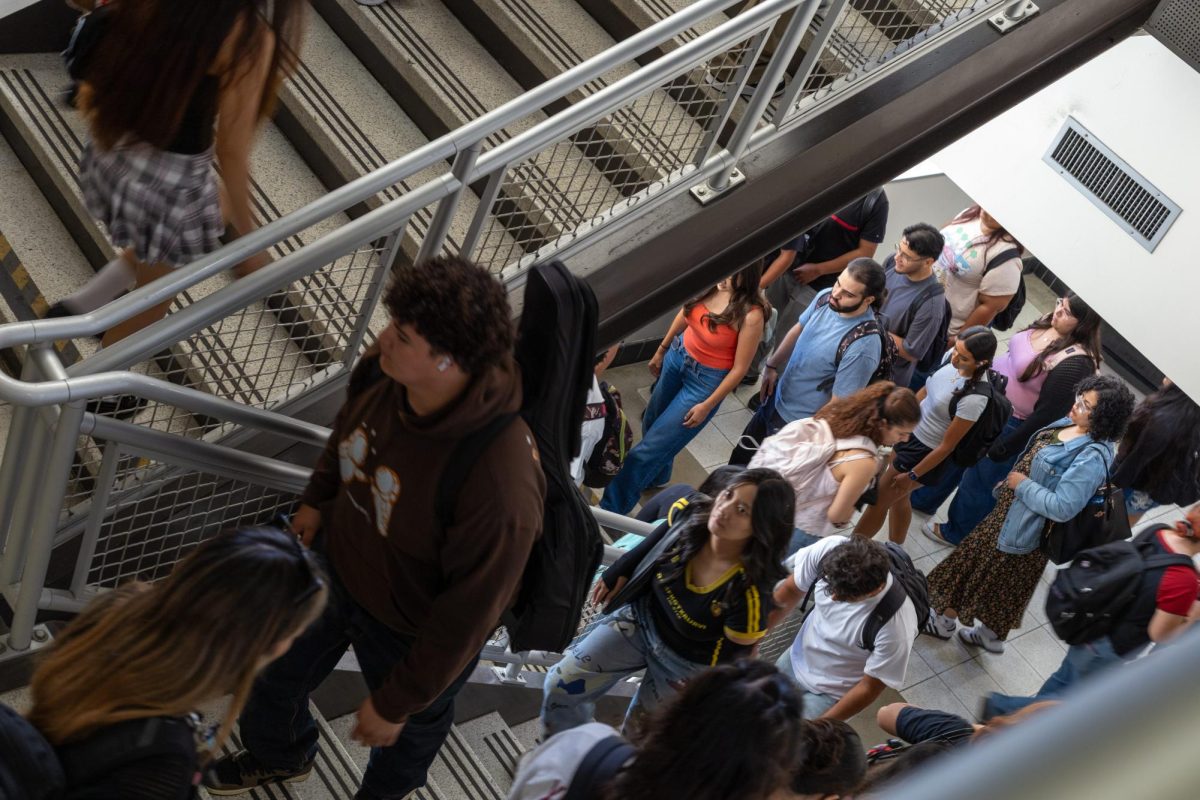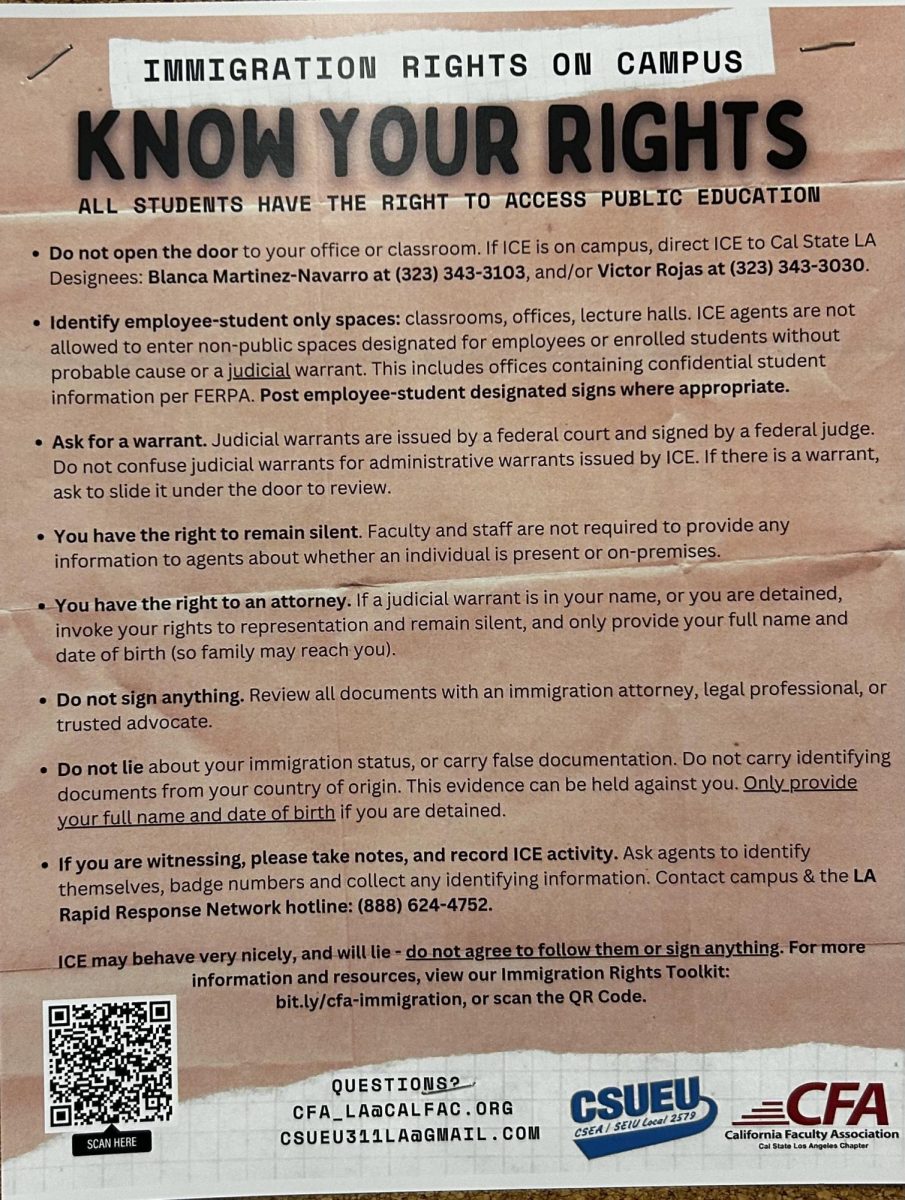As Artificial Intelligence becomes a part of everyday life, it has inevitably become a part of education and the work that students turn in across all levels of school, including at Cal State LA, but especially after the CSU system made a massive multimillion dollar investment into ChatGPT for use across the system.
However, some think that the money should’ve been spent elsewhere.
The CSU initially spent $1.9 million for the service in January 2025, and the services are available to all students, faculty, and staff, and an additional $15 million investment over the summer.
This will be accessible to the CSU system until June 2026. OpenAI promises not to use Cal State workspace data to train its models, according to a warning below the prompt box in ChatGPT when signed into your Cal State ChatGPT account.
In regards to how AI may be used, CSU offers an AI integration outline. The ethics section for students states, the use of AI tools are to support learning and not to circumvent academic responsibilities and that students should “Distinguish your own original work by properly acknowledging all AI-generated content.”
Cal State LA Center for Effective Teaching and Learning offers recommendations on how AI may be incorporated into teaching. The center states that the current academic honesty policy is under revision to include AI usage and that teachers themselves should “develop your own AI policy.”
CSU has embraced ChatGPT via their new multi-million dollar contract with OpenAi. Director of Media Relations and Public Affairs, Amy Bentley-Smith, said that this service will offer ”the tools and learning opportunities that will prepare them for the future.”
Despite the CSUs overwhelming support, feelings from students and staff are mixed.
Ricky Menendez, a student here at Cal State LA, when asked about ChatGPT usage at Cal State LA, voiced his uncertainty of its benefits to students.
“I think if you use it to help… It’s not bad,” Menendez said. “But, when you use it to do your assignments, it feels more harmful because you’re not really doing it.”
Other students shared this same sentiment. They recognized its usefulness as a tool to help in schoolwork, but understood that it can be a way to cheat.
None of the students that spoke with the UT were aware of the investment the CSU had made over the last year into ChatGPT systemwide.
Many students that spoke with the UT shared that they have used ChatGPT for schoolwork.
Professors however, had a more overall pessimistic opinion on its uses in academic situations.
Jose Anguiano, the interim department chair for Chicana/o and Latina/o Studies, had a more defeatist point of view about AI, and the use of ChatGPT at Cal State LA and other CSU’s.
“Well I think the reality is, now that it’s part of our technological landscape. There’s no going back,” Anguiano said. “Our challenge is how to use that as a tool and not like a crutch or a way to shortcut learning, but as another tool at our disposal.”
Monica Borunda, a faculty member in the Department of Special Education & Counseling, said that her concerns are about AIs effect on the youth and college students. As a mother and instructor she fears it may rob student’s education.
“I struggle with that as an instructor here and also as a mom of a high schooler,” Borunda said. “I know that some students use it to cheat or shortcut their education.”
Alessandro Moreno, a faculty member in the Department of Applied and Advanced Studies, said he can never confidently know if work submitted from students is genuine or copied from ChatGPT.
Borunda was aware of the CSUs investment in ChatGPT, but questioned if the money was spent well.
“If you asked me I might go with something else instead, but who am I to say what the Cal State LA students need,” Borunda said.
ChatGPT for students and faculty can be accessed via an invite message in your school email, or your Cal State LA online portal.

